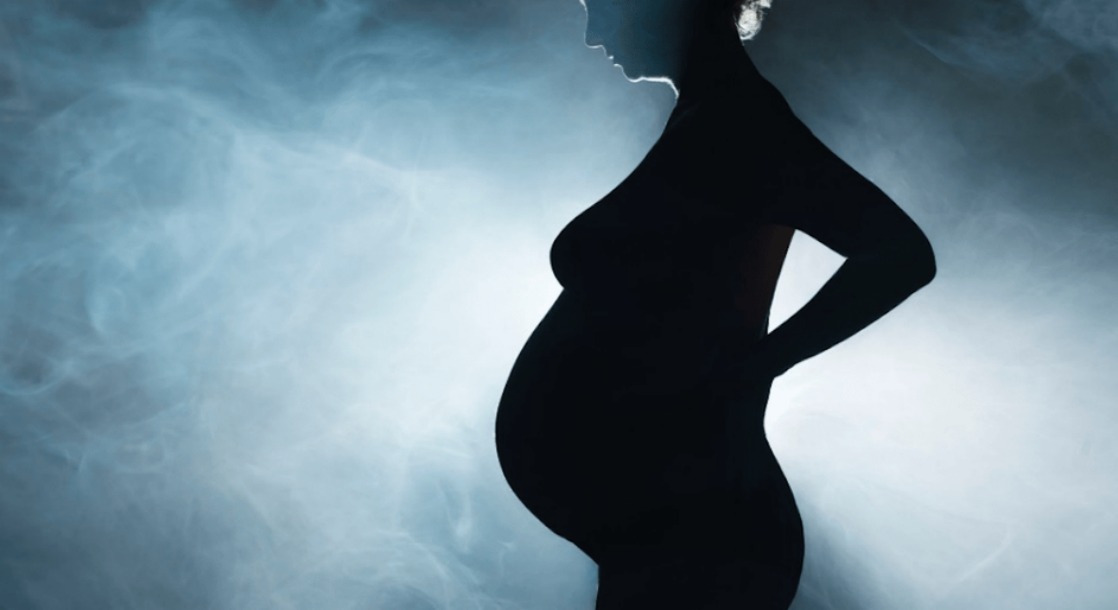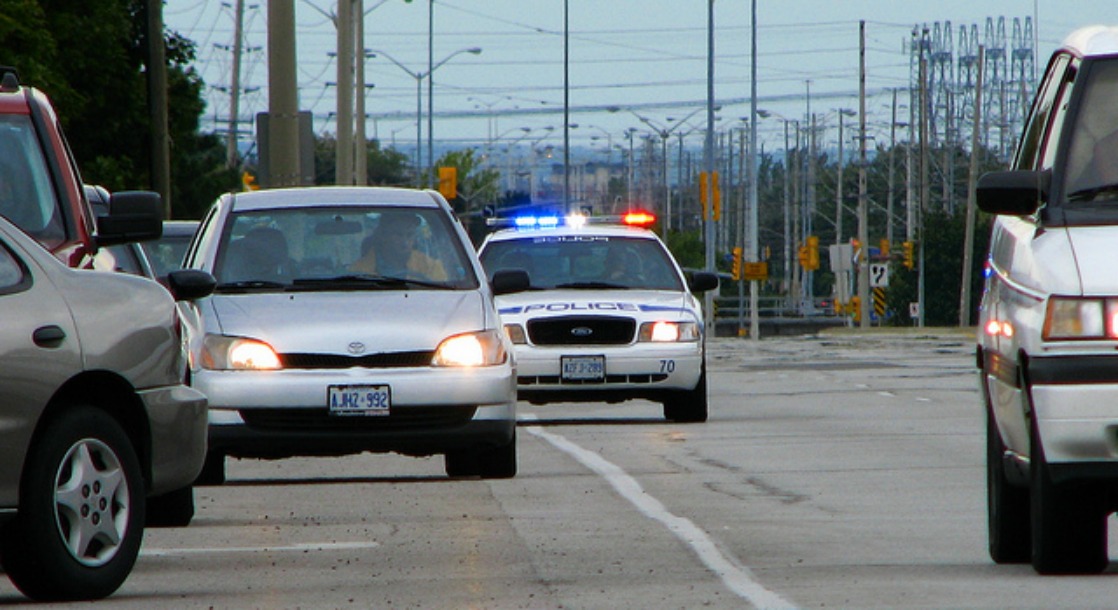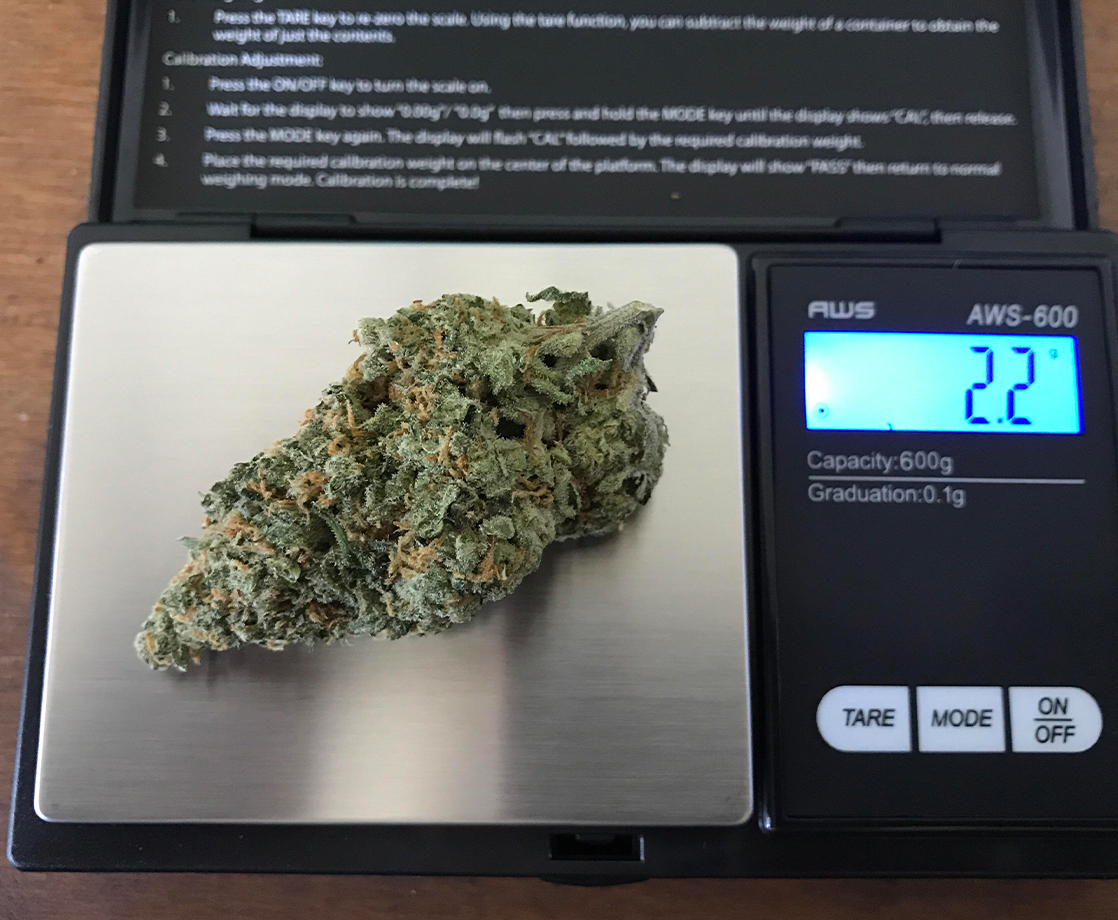Over half the states in the US have some form of legal cannabis. Whether you live in a state with recreational adult use, medical dispensaries or old-fashioned prohibition, one thing is for certain – cannabis use across the country has been largely accepted and normalized in the past decade. And with normalization, more and more women have started to admit marijuana use during pregnancy – but is that a good thing?
According to the New York Times, a recent federal survey shows that more women, and especially younger mothers-to-be, are using marijuana during their pregnancies. And while those surveyed often used cannabis to help with morning sickness or other baby pains, the medical marijuana might not have the same healing effects on their offspring.
“There is an increased perception of the safety of cannabis use, even in pregnancy, without data to say it’s actually safe,” said Dr. Torri Metz, an obstetrician at Denver Health Medical Center.
Early research suggests that THC can permeate the placenta and reach the embryo. The survey, made public in December, shows that almost four percent of pregnant women admitted to using pot while pregnant in 2014, that’s almost double the 2.2% of respondents who said they used in 2012.
Those numbers increased with younger mothers-to-be, with 7.9% of survey respondents aged 18-25 saying they got stoned in the past month, compared to only 2% of women 26-44.
And while research about the effects of marijuana on fetuses is still in its infancy, one study out of Pittsburgh suggests that 6-year-olds born to mothers who had smoked one joint or more daily in the first trimester showed a decreased ability to understand concepts in listening and reading. At age 10, children exposed to THC in utero were more impulsive than other children and less able to focus their attention.”
That trend continued, as teens who were exposed to THC before birth scored lower in spelling, math, and reading.
“The effects are not dramatic, but that doesn’t mean they are not important,” Jodi Gilman, an assistant professor of psychiatry at Harvard Medical School who studies adolescent users of cannabis told the Times. “It could make the difference between getting an A and getting a B.”
But as we learn more about the effects of cannabis on babies in utero, medical professionals aren’t particularly gung-ho about educating their patients. Most government agencies, including the Center for Disease Control, only added information about marijuana and pregnancy recently.
“While current evidence on health consequences is inconsistent, some studies have found risks associated with marijuana use during pregnancy, such as low birth weight or preterm birth,” the CDC said in a statement about the subject.
But while prenatal marijuana use may have some unintended consequences on the development of a child, it is not likely to result in the physical birth defects normally associated with alcohol or tobacco use. For that reason, some experts say that marijuana use goes unchecked.
“That’s why some providers and lay people alike think there’s no effect,” Dr. Erica Wymore, a neonatologist at Children’s Hospital Colorado told the Times. “Just because they don’t have a major birth defect or overt withdrawal symptoms doesn’t mean the baby’s neurological development is not impacted.”
As more states move towards legalization, and popular opinion continues to treat marijuana with less severity than government officials, it will become important to continue research on the topic and for doctors to give expecting mothers all the relevant information they need.











